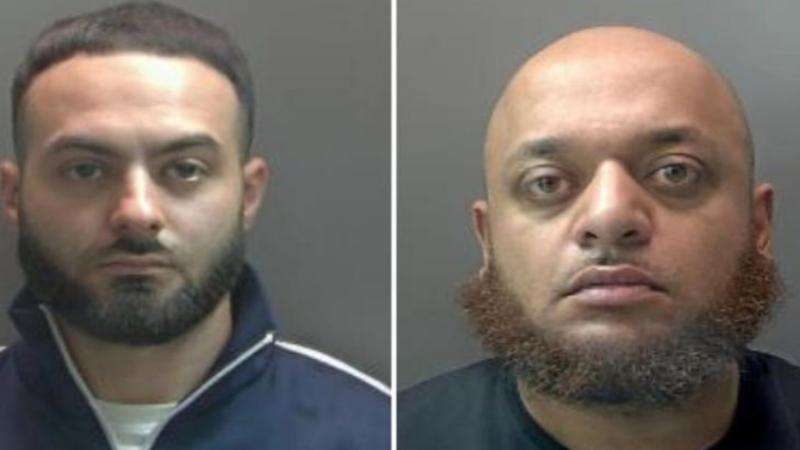Former President Donald Trump is pressing forward with plans to alter election rules, even after multiple courts ruled he lacks the authority to do so.
On August 30, Trump announced he would sign an executive order requiring voters to show identification in every election. Earlier this year, a March order mandating proof of U.S. citizenship to register for federal elections was blocked by federal judges.
“The Constitution does not grant the president any specific powers over elections,” Judge Denise Casper of Massachusetts wrote in June. A federal judge in Washington, D.C., reached the same conclusion in April.
What Trump Wants
Posting on Truth Social, Trump declared: “Voter I.D. Must Be Part of Every Single Vote. NO EXCEPTIONS! I Will Be Doing An Executive Order To That End!!!” He did not specify what type of ID would be required, when the order would be signed, or how he would justify his authority.
Current Voter ID Laws
According to the National Conference of State Legislatures, 36 states currently require some form of voter ID at polling places. These range from photo IDs such as driver’s licenses to non-photo IDs like utility bills. In states without ID laws, election officials verify voters by comparing signatures with those on record.
Arguments For and Against
Supporters argue voter ID rules help prevent fraud and build confidence in the electoral process. Critics counter that voter impersonation is extremely rare and that such requirements place unnecessary barriers on eligible voters.
Supreme Court Precedent
In 2008, the Supreme Court upheld Indiana’s photo ID law in a 6-3 ruling, with Justice John Paul Stevens writing that it did not impose “excessively burdensome requirements.” However, years later, Stevens called the decision “unfortunate,” though consistent with the evidence presented at the time.
Legal Battles Over Trump’s Orders
Trump’s proof-of-citizenship rule for voter registration faced immediate lawsuits. In April, Judge Colleen Kollar-Kotelly in Washington blocked the order, finding that the president likely exceeded his authority. In June, Judge Casper ruled similarly in a case brought by 19 states, noting that Trump’s directives risked disenfranchising eligible voters by restricting registration and late-arriving mail ballots.
What the Constitution Says
The Elections Clause of the Constitution states that the “Times, Places and Manner” of federal elections are determined by state legislatures, with Congress holding the power to “make or alter” such regulations—not the president.
What’s Next
If Trump signs a new executive order on voter ID, it is widely expected to face immediate court challenges.
The Bigger Picture
Trump has long criticized the U.S. election system and continues to falsely claim his 2020 defeat to Joe Biden was due to widespread fraud. He and his allies also promote unsubstantiated allegations of large-scale illegal voting by noncitizens.
_3.jpg)






_3.jpg)
.svg)

_2.jpg)
_2.jpg)
_3.jpg)